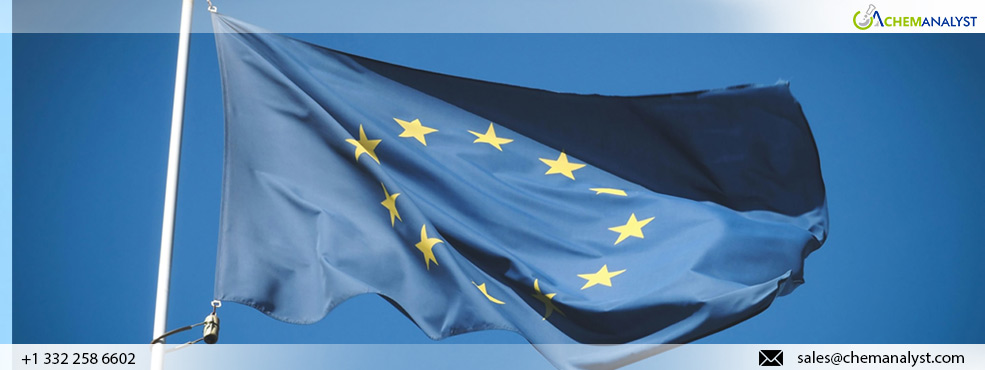Welcome To ChemAnalyst

The European Commission is implementing stricter regulations to ensure that EU funding for hydrogen projects predominantly benefits European companies. This move comes in response to growing concerns from local industries about the influx of cheaper Chinese imports. On Monday, the EU's top climate policy official announced these plans, which aim to protect the emerging European hydrogen industry from being undercut by foreign competition.
This month, the EU is set to launch its next round of funding for green hydrogen projects, a key part of Brussels' strategy to establish a robust local industry capable of producing this vital clean fuel. However, as the EU pushes forward with its green energy agenda, it is also adopting a more stringent approach to other green technologies from China. This includes the recent imposition of tariffs on electric vehicles (EVs) from China, which the EU claims are benefiting from excessive government subsidies, giving them an unfair advantage in the European market.
European manufacturers of electrolysers—machines that use electricity to split water into hydrogen and oxygen—have voiced concerns about their ability to compete with the more affordable Chinese alternatives. These manufacturers are urging the EU to incorporate criteria into its Hydrogen Bank funding scheme that would favor European firms over their foreign competitors. Responding to these concerns, EU climate commissioner Wopke Hoekstra indicated that the Commission is actively working on such measures.
Speaking at the Eindhoven University of Technology in the Netherlands, Hoekstra confirmed that the upcoming funding auction would include explicit criteria aimed at fostering the development of a European supply chain for electrolysers. "The next auction will be different. We will have explicit criteria to build European electrolyser supply chains," Hoekstra stated, emphasizing the Commission’s commitment to strengthening the local industry.
Earlier this year, in April, the EU awarded €720 million to seven hydrogen projects within the bloc. However, the low bids from some of these successful projects raised concerns that they might be relying on cheaper Chinese equipment. While the Commission has not officially confirmed this, reports from various news agencies suggest that the involvement of Chinese technology in these projects is likely.
The introduction of more stringent rules is part of a broader strategy by the EU to ensure that its investments in green technologies lead to the growth of local industries, thereby reducing reliance on imports from countries like China. As the EU moves forward with its plans to expand the green hydrogen sector, it is clear that protecting European manufacturers and ensuring that they remain competitive on the global stage is a top priority for Brussels. By implementing these new funding criteria, the EU hopes to secure the future of its hydrogen industry and promote the development of a resilient and self-sufficient supply chain within Europe.
We use cookies to deliver the best possible experience on our website. To learn more, visit our Privacy Policy. By continuing to use this site or by closing this box, you consent to our use of cookies. More info.
